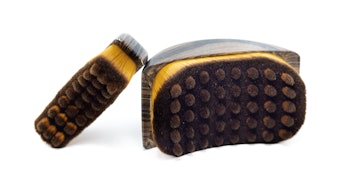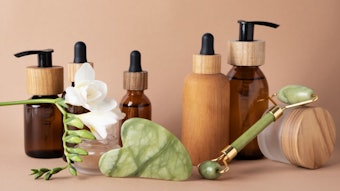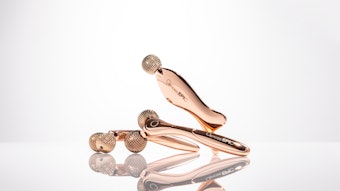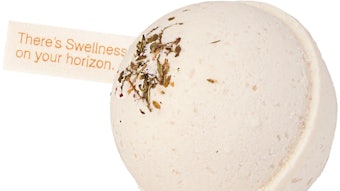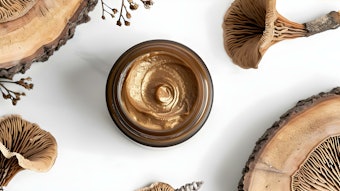Aromatherapy is an affordable, accessible natural path to relief for a variety of health problems, ranging from arthritis pain to nausea to drowsiness, supporters insist.
But skeptics dismiss any claims that the use of essential oils from flowers, herbs and trees can promote health in any way.
And both sides are unlikely to relinquish their positions anytime soon.
Aromatherapy "works for so many different things, it is amazing," said Kelly Holland Azzaro, a registered aromatherapist in Banner Elk, N.C., and vice president of the National Association for Holistic Aromatherapy (NAHA), an industry trade group. "You can experience aromatherapy by inhalation by putting one drop of an essential oil on a tissue and inhaling," she said.
According to the NAHA, aromatherapy is the "art and science of utilizing naturally extracted aromatic essences from plants to balance, harmonize and promote the health of body, mind and spirit." These essences are then distilled into "essential oils"—highly concentrated aromatic extracts—that are derived from a "variety of aromatic plant material, including grasses, leaves, flowers, needles and twigs, peels of fruit, wood and roots."
Among the most popular essential oils, which are widely sold at health-food stores and over the Internet, are eucalyptus, geranium, lavender, lemon, peppermint, rosemary, and tea tree, and according to the NAHA.
"Uplifting scents such as citrus can keep you awake at work," Azarro said. "To help increase alertness, use rosemary and lemon." And to combat nausea, try essence of peppermint, ginger and orange, she added.
While research into aromatherapy's benefits is limited, there are some studies that suggest certain treatments can help ease some symptoms.
For instance, in a 2005 study published in the journal Chronobiology International, researchers reported that lavender aromatherapy helped all 31 men and women feel more "vigor" the next morning, compared to the night they breathed in distilled water, an exercise that served as the control setting.
A study in the March-April 2006 issue of the Journal of Midwifery & Women's Health said that aromatherapy, combined with massage, helped new mothers feel less "blue" and anxious, compared to mothers of newborns who didn't get the treatment.
And a review published in Holistic Nurse Practitioner found that patients with postoperative nausea and vomiting can be helped by aromatherapy as well as acupressure and acupuncture.
But critics find little of value with scent therapy—or even label it as therapy.
"It's not a therapy, it's a set of products with odors," said Dr. Stephen Barrett, board chairman of Quackwatch Inc., an Allentown, Pa.-based organization that says it fights health fraud and quackery.
"If people like the odors and want to pay for them, I would have no objection," Barrett said. However, he added, don't expect much. "There is no evidence that aromatherapy can alter the course of any disease. There is no logical reason to believe that any such evidence will ever be found," he said.
As for potential risks, Barrett said: "Some people find certain odors irritating. People who use aromatherapy with the hope that it will cure what ails them will waste money."
Azzaro said that, currently, aromatherapy is unregulated in the United States. "And that's part of the issue," she said. People don't understand exactly what it is, either. "People think it's potpourri or a smelly candle."
There's also no state licensing for aromatherapists in the United States. Most practitioners incorporate their training with another profession, such as licensed acupuncturist or registered nurse, according to the NAHA.
If you're interested in pursuing aromatherapy, Azzaro said it's best to ask a practitioner about his or her specific training. "And when you purchase oil, such as from a health-food store, hopefully some educational materials are with the product," she said.
Be aware, too, there can be the possibility of allergic reactions to some treatments.
By Kathleen Doheny, HealthDay Reporter, November 2, 2006
